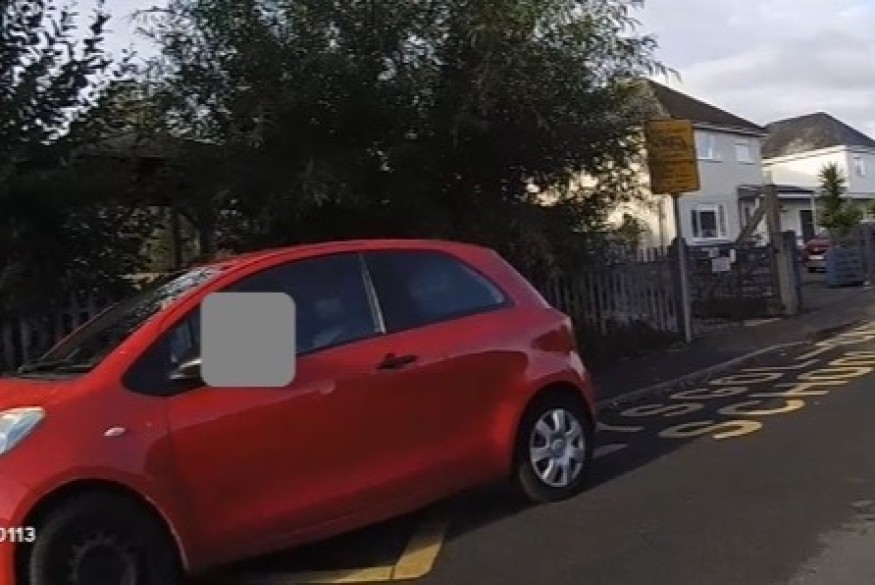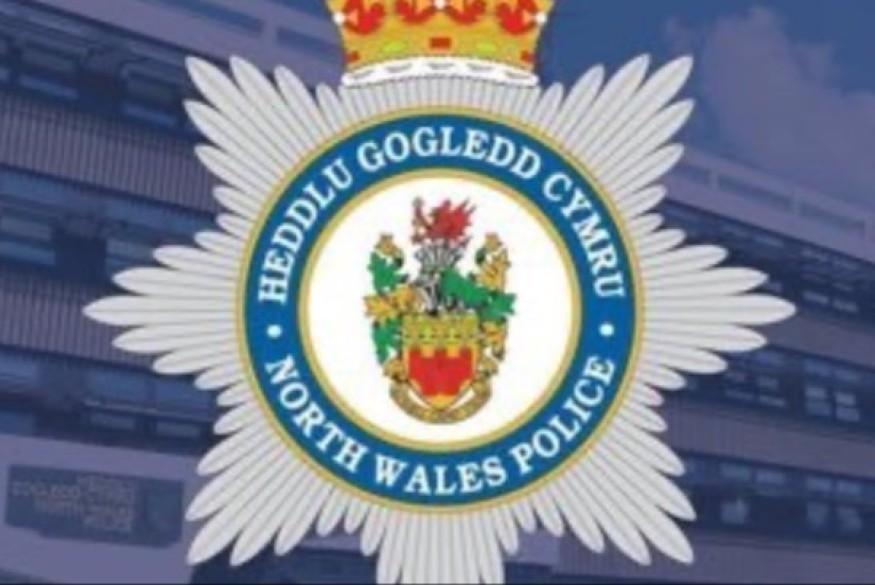
July 27, 2023 - 1307 views
As part of ensuring that the people of North Wales are protected from fraud, the Police and Crime Commissioner (PCC) for North Wales funded a pilot project for a Fraud Caseworker to join the team of specialist caseworkers in the Victim Help Centre. The pilot began in 2019 and recent research has shown the impact of the role and how the people of North Wales have benefited from the specialist support it offers.
The Victim Help Centre, which is based in St. Asaph is commissioned by the North Wales Police and Crime Commissioner to listen to and offer support to victims of crime, who are encouraged to use their services. With their specialist knowledge they can help people who have been victims of fraud to look at ways of claiming back any lost money; help people build resilience to prevent any further crimes; provide personalised support; listen with compassion and help people find ways to manage and feel safer; and, with the victim’s consent, to act as an advocate when complaining to a bank or the financial ombudsman.
Since the role was established, 2,246 victims of fraud have received tailored support from the Fraud Caseworker. The service means that these victims have received fraud-specific resources and can speak to someone who understands the unique impact being a victim of fraud can have. The victims also have one direct point of contact through their caseworker, meaning they don’t have to repeat their story and relive the impact of trauma.
The top five referrals made to the caseworker were regarding malicious communications, other fraud, online shopping and auctions, computer hacking and social media, and cheque, plastic cards and online bank accounts.
Through having a dedicated caseworker, the Victim Help Centre is able to offer a specialised service that focuses only on supporting fraud victims. This enables the caseworker to develop their knowledge and expertise, and to make connections with other specialist staff and organisations working in the fraud field.
The Fraud caseworker has also been able to identify some of the main themes that victims of fraud experience. These often include feelings of shame and embarrassment, a reluctance to open up to close family/friends due to these feelings of shame, financial losses impacting their quality of life, a lack of trust in people, being afraid to use digital technology, and feelings of low self-esteem and self-worth.
Members of the public can protect themselves from being victims of fraud before it happens by following a few simple tips:
Stop – never send money to someone if you become suspicious.
Challenge – don’t be afraid to ask questions.
Check – think carefully about what you are being told and if there is any way to verify the information you have.
Andy Dunbobbin, Police and Crime Commissioner for North Wales, commented: “It is good to see the difference that the Fraud Caseworker has been making to hundreds of victims of crime across North Wales as part of the services of the Victim Help Centre, whose work I commission. However, there is still much to do to ensure people don’t become victims in the first place and that they receive the support and advice they need if they fall prey to fraudsters and criminals. I would advise everyone to follow the advice of the Economic Crime Unit of North Wales Police and always Stop, Challenge and Check before any transaction.”
Linda Parry, Operations Manager, the Victim Help Centre, commented: “We’re pleased that the PCC continues to fund the much-needed role of the Fraud Caseworker. The specialist role allows us to offer confidential and tailored support to people who are struggling with their confidence, self-worth and trust in others as a result of the fraud. We would encourage anyone who has been affected by Fraud to not feel ashamed to reach out for support.”
DC Rachel Roberts, Financial Abuse Safeguarding Officer, North Wales Police, said: “Fraud affects everyone within our communities and, as technology becomes ever more advanced, this is a crime type that will become more prevalent and sophisticated. The Victim Help Centre specialist Fraud Caseworker provides vital support and advice to those who have unfortunately become victims of crime. The service they offer has a significant impact on reducing re-victimisation and ensuring victims are reimbursed if the worst happens.”
What to do if you become a victim of fraud
If the fraud is in progress and there are suspects present report direct to North Wales Police on 101 or if it is an emergency dial 999.
Otherwise, you should report the matter to Action Fraud on 0300 123 2040 or at www.actionfraud.police.uk. Action Fraud are the national reporting centre for fraud across England and Wales.









